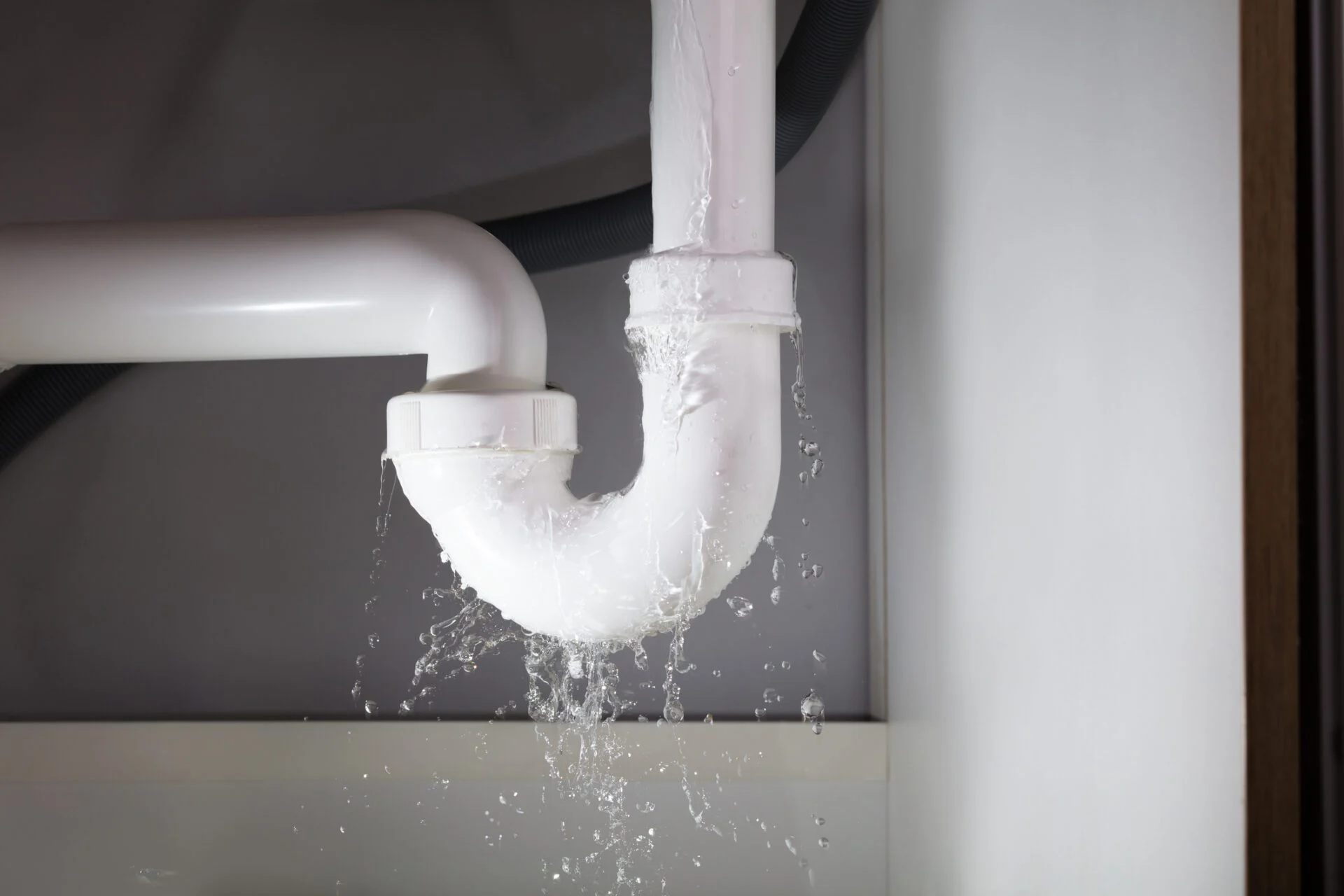Building a new home is an exciting venture, but it can also be overwhelming. One of the most critical aspects to consider is the plumbing checklist for new build. Ensuring that your plumbing system is properly planned and executed can save you from future headaches and costly repairs. This article will guide you through a comprehensive checklist to help you navigate the plumbing needs for your new home.

Understanding the Importance of a Plumbing Checklist
Before diving into the specifics, it’s essential to understand why a plumbing checklist is crucial. A well-thought-out checklist ensures that every aspect of your plumbing system is covered, from planning and design to installation and testing. This not only guarantees the efficiency of the plumbing system but also ensures the safety and comfort of your household.
Initial Planning and Design
Consulting with a Professional
One of the first steps in the process is consulting with a qualified plumber. A professional can provide valuable insights into the best practices and latest technologies in plumbing. They can help you design a system that meets your needs and complies with local building codes.
Mapping Out the Plumbing Layout
Creating a detailed layout of your plumbing system is a crucial step. This includes mapping out where pipes, fixtures, and appliances will be located. It’s essential to consider the design of your home and the placement of bathrooms, kitchens, and laundry rooms to ensure a seamless plumbing layout. For more details on how to effectively plan this, check out our guide on basic plumbing layout.
Budgeting for Your Plumbing Needs
Plumbing can be a significant expense in a new build, so it’s crucial to budget accordingly. Consider the cost of materials, labor, and potential upgrades. It’s also wise to set aside a contingency fund for unexpected expenses. For tips on managing your budget effectively, you might find the article on monthly cleaning expenses useful.
Installation Phase
Choosing the Right Materials
Selecting the right materials is vital for the longevity and reliability of your plumbing system. Work with your plumber to choose high-quality pipes, fittings, and fixtures. Consider factors such as durability, ease of maintenance, and cost.
Installing Pipes and Fixtures
The installation phase involves laying pipes and setting up fixtures. It’s crucial to ensure that all components are installed correctly to prevent leaks and other issues. Regular inspections during this stage can help identify and resolve any potential problems early.
Ensuring Compliance with Building Codes
Compliance with local building codes is mandatory for any new construction. These codes ensure the safety and efficiency of your plumbing system. Your plumber should be familiar with the relevant regulations and ensure that your system meets all requirements.
Testing and Final Checks
Conducting Pressure Tests
Pressure testing is an essential step to ensure the integrity of your plumbing system. This involves checking for leaks and ensuring that all components can withstand the pressure of regular use.
Inspecting for Leaks and Proper Functionality
A thorough inspection of your plumbing system is crucial before finalizing the build. This includes checking for leaks, testing water pressure, and ensuring that all fixtures and appliances function correctly.
Final Walkthrough
Before completing the project, conduct a final walkthrough with your plumber. This is an opportunity to address any concerns and ensure that everything meets your expectations. It’s also a chance to learn about the maintenance and care of your new plumbing system.

FAQs
Why is it important to have a plumbing checklist?
A plumbing checklist ensures that every aspect of your plumbing system is considered and properly executed, preventing future issues and costly repairs.
What should be included in a plumbing checklist for new builds?
The checklist should include planning, design, material selection, installation, compliance with building codes, and final testing.
How can I ensure my plumbing system is efficient and reliable?
Working with a qualified plumber, selecting high-quality materials, and conducting thorough inspections and tests are key to ensuring an efficient and reliable plumbing system.
For additional resources on plumbing for new builds, you can visit Formica Plumbing for expert advice and tips.
This article contains affiliate links. We may earn a commission at no extra cost to you.


